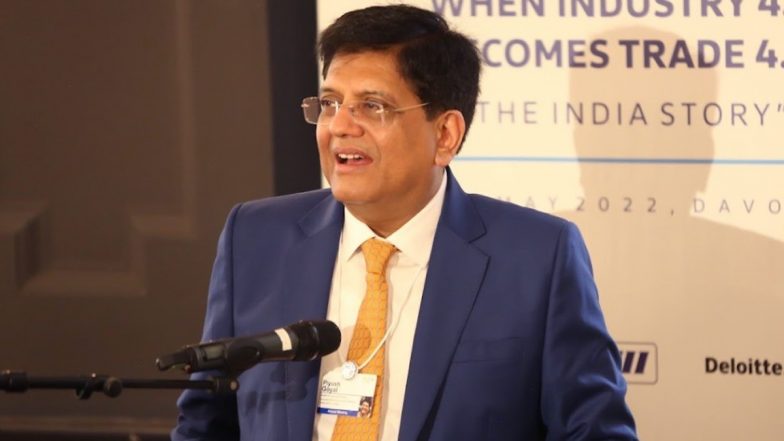After receiving related complaints, the district collector can conduct an investigation relating to violations of the guidelines and submit the report to the authority within 15 days, CCPA said in a statement on Saturday.
In a letter to the head of the secretary of all states, UTS and district collectors, CCPA has asked to regulate the broad publicity of the guidelines together with its direct implementation to protect the interests of consumers. The letter gives a clear direction that the recognition of service costs violates the guidelines and is an unfair trade practice which affects consumer rights as a class, and the awareness of the complaint must be taken based on priority.
According to CCPA, a total of 537 complaints submitted by consumers for billing service costs for national consumer assistance channels from April 1 to June 2022. The main complaints including hotels, restaurants make mandatory service fees, and also add service fees with several other names and pressing from consumers that paying service fees are optional and voluntary.
From 5 to 8 to 8, after the guidelines were issued, 85 complaints have been registered with NCH, said CCPA. The top 5 cities from the complaint of service fees are New Delhi, Bengaluru, Mumbai, Pune and Ghaziabad with 18, 15, 11, 4 and 3 complaints respectively.Nidhi Khare, President Commissioner, CCPA also clarifies that the guidelines are not advisor and can be enforced by law.
“If there are consumers who find that hotels or restaurants collect service fees that violate guidelines, consumers can submit requests to the hotel or restaurant concerned to remove service fees from the amount of bills. Or consumers can submit complaints at the National Consumer Helpline (NCH), which functions As an alternative dispute recovery mechanism at the pre-litigation level by calling 1915 or through the NCH cellular application, “said CCPA.
The difference between the new guidelines issued by CCPA and the previous guidelines by the Department of Consumer Affairs is that, in the intervention period, the previous consumer protection law, 1986 was replaced by the 2019 consumer protection law, which came into force in July 2020. This creates a new legal entity – the central consumer protection authority, which has been empowered by parliament to find out unfair trade practices, add CCPA in a statement.






